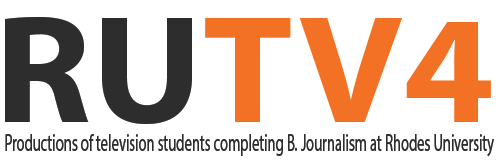Ubudoda Abukhulelwa – Male Circumcision
Investigative report by Lilian Magari & Noxolo Mafu
In 2013 some 70 initiates died and a further 567 were hospitalized as a result of botched traditional circumcisions in the Eastern Cape. The practice of traditional male circumcision serves as a rite of passage in the Xhosa culture as young boy’s transition to young men. However, in the Eastern Cape there has been much media coverage of illegal circumcision schools, serve health complications and even death, as a result of traditional circumcision. The introduction of the Medical Male circumcision drive launched by the Department of Health, has offered an alternative to this practice. Within this is Eastern Cape these two approaches are seen to be in conflict.
Ubudoda Abukulelwa, seeks to find out whether the government initiated Medical Male Circumcision program (MMC) will prove redundant in the Eastern Cape. The documentary seeks to find out what it means to be a man in contemporary South Africa. The intention of the film is to also fuel discussion and challenge the stereotypical narratives regarding male circumcision.








